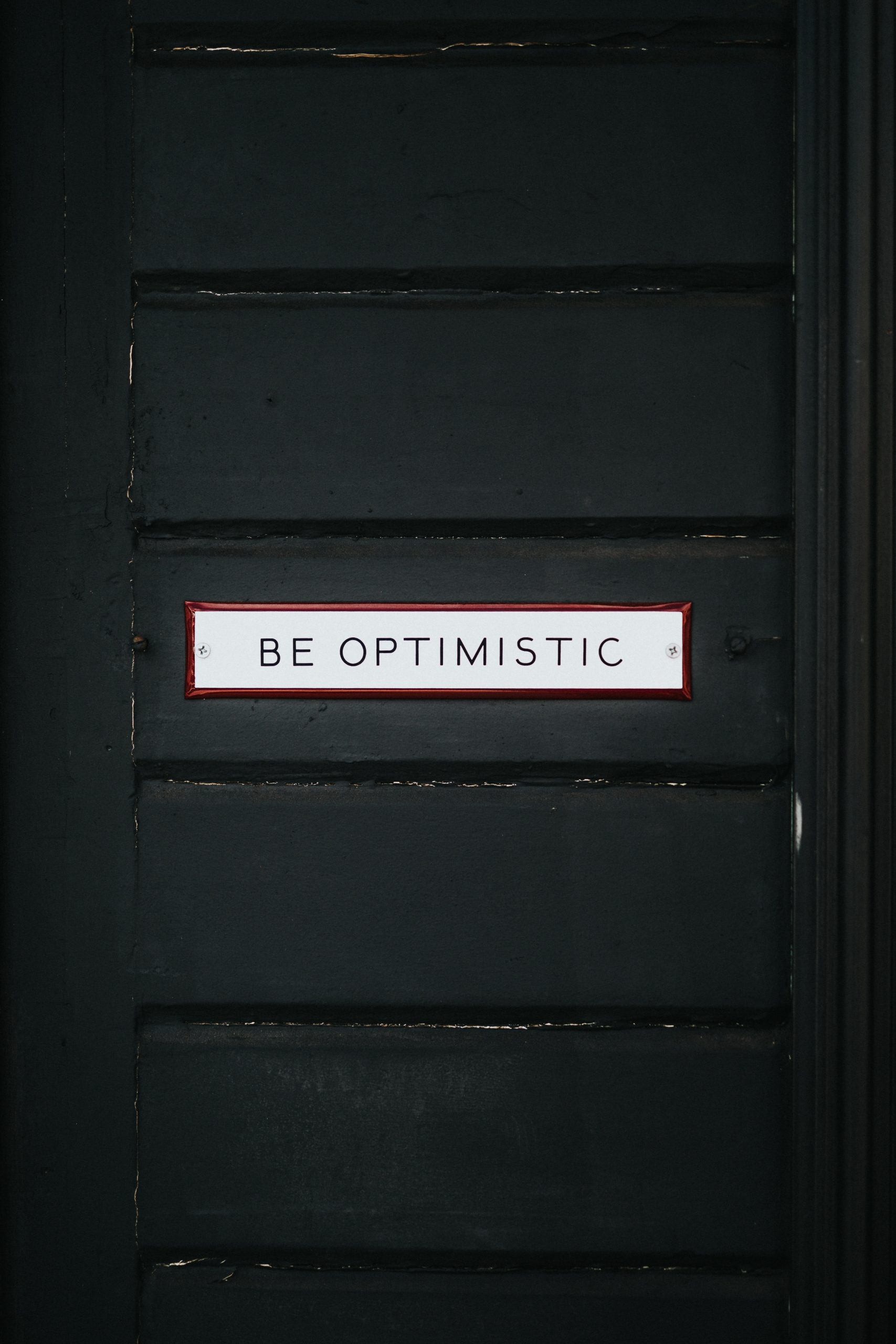Does Full Moon Affect Pregnancy? Examining the Myth and Truth
Pregnancy is a miraculous journey filled with joy, anticipation, and a multitude of questions. As an expectant mother, you may find yourself bombarded with advice, old wives’ tales, and strange beliefs. One such belief that has persisted across cultures for centuries is the notion that the full moon affects pregnancy.
While it may sound intriguing and mystical, the question remains: does the full moon truly have an impact on pregnancy? In this blog post, we will delve deep into the myth and truth surrounding this popular belief, exploring scientific research and anecdotal evidence to separate fact from fiction.
The Lunar Connection: Historical Beliefs
Our ancestors had deep connections with nature and often believed that celestial bodies influenced various aspects of life. The moon, in particular, held great significance to many ancient cultures. It was associated with fertility, menstrual cycles, and childbirth.
Some cultures believed that the gravitational pull of the moon affected the amniotic fluid levels in the womb, leading to premature labor. Other beliefs suggested that a full moon increased the likelihood of a spontaneous labor or even the onset of labor in overdue pregnancies.
While these beliefs may have been deeply rooted in ancient traditions, it is important to approach them with a critical and scientific mindset. Let’s explore the scientific evidence available to us in order to gain a better understanding.
Scientific Research: The Truth Unveiled
To determine whether the full moon has any effect on pregnancy, numerous scientific studies have been conducted across the years. While the results vary, there is little evidence to support the belief that the lunar cycle directly impacts pregnancy outcomes.
In one study published in the American Journal of Obstetrics and Gynecology, researchers analyzed over 60,000 births and found no statistical correlation between the phases of the moon and the timing of deliveries. Similar findings have been reported in various studies conducted worldwide.
To understand why these beliefs persist despite the lack of scientific evidence, it’s crucial to consider the role of confirmation bias. Confirmation bias occurs when individuals look for or interpret information in a way that confirms their existing beliefs. Therefore, people may attribute certain patterns to lunar phases without substantial evidence.
Anecdotal Evidence: Experiences and Stories
While scientific research may not strongly support the notion that the full moon affects pregnancy, many women still attribute their experiences to this celestial phenomenon. Anecdotal evidence refers to personal accounts and stories shared by individuals.
Some expectant mothers claim that they experienced stronger contractions or went into labor during a full moon. However, it is essential to remember that individual anecdotes are not scientifically reliable evidence. They may be influenced by various factors such as psychological expectations, cultural influences, or recall bias.
Furthermore, birth rates and the onset of labor are complex processes influenced by numerous factors such as hormonal changes, physical readiness, genetic predisposition, and medical interventions. Attributing these occurrences solely to the full moon oversimplifies the intricate nature of childbirth.
Exploring the Psychological Impact
While the scientific evidence may not support a direct physical effect of the full moon on pregnancy, it is worth examining the potential psychological impact it may have on expectant mothers.
Pregnancy is a time of heightened emotions, vulnerability, and anticipation. Many women report feeling more anxious or restless during a full moon. This could be due to the historical beliefs surrounding the moon’s influence or simply a reflection of the natural ebb and flow of emotions that often accompany pregnancy.
It’s essential to acknowledge and address these feelings as part of the holistic care provided to expectant mothers. By understanding the psychological significance of the full moon, healthcare providers can offer support and reassurance to those who may experience increased anxiety or restlessness during lunar events.
The Final Verdict: Science vs. Myth
After examining the available scientific research and considering the psychological impact, it is safe to conclude that the belief in the full moon’s direct effect on pregnancy is more myth than reality. While ancient traditions and personal anecdotes may perpetuate these beliefs, scientific evidence does not provide substantial support.
For expectant mothers, it is important to focus on evidence-based practices, prenatal care, and reliable medical advice rather than relying on myths and superstitions. By doing so, you can ensure that your pregnancy journey is guided by scientifically proven methods that prioritize your health and well-being.
In Conclusion
The belief that the full moon affects pregnancy has persisted through history, fueled by cultural beliefs, personal experiences, and limited scientific evidence. However, modern research shows little to no connection between the lunar cycle and pregnancy outcomes.
While it is natural to be captivated by ancient traditions and mystical beliefs, it is crucial to base your decisions and expectations on reliable scientific knowledge. By partnering with healthcare providers and following evidence-based practices, you can navigate your pregnancy journey with confidence and peace of mind.
Remember, the miracle of pregnancy is awe-inspiring in itself, independent of any celestial influence.
Table of Contents
